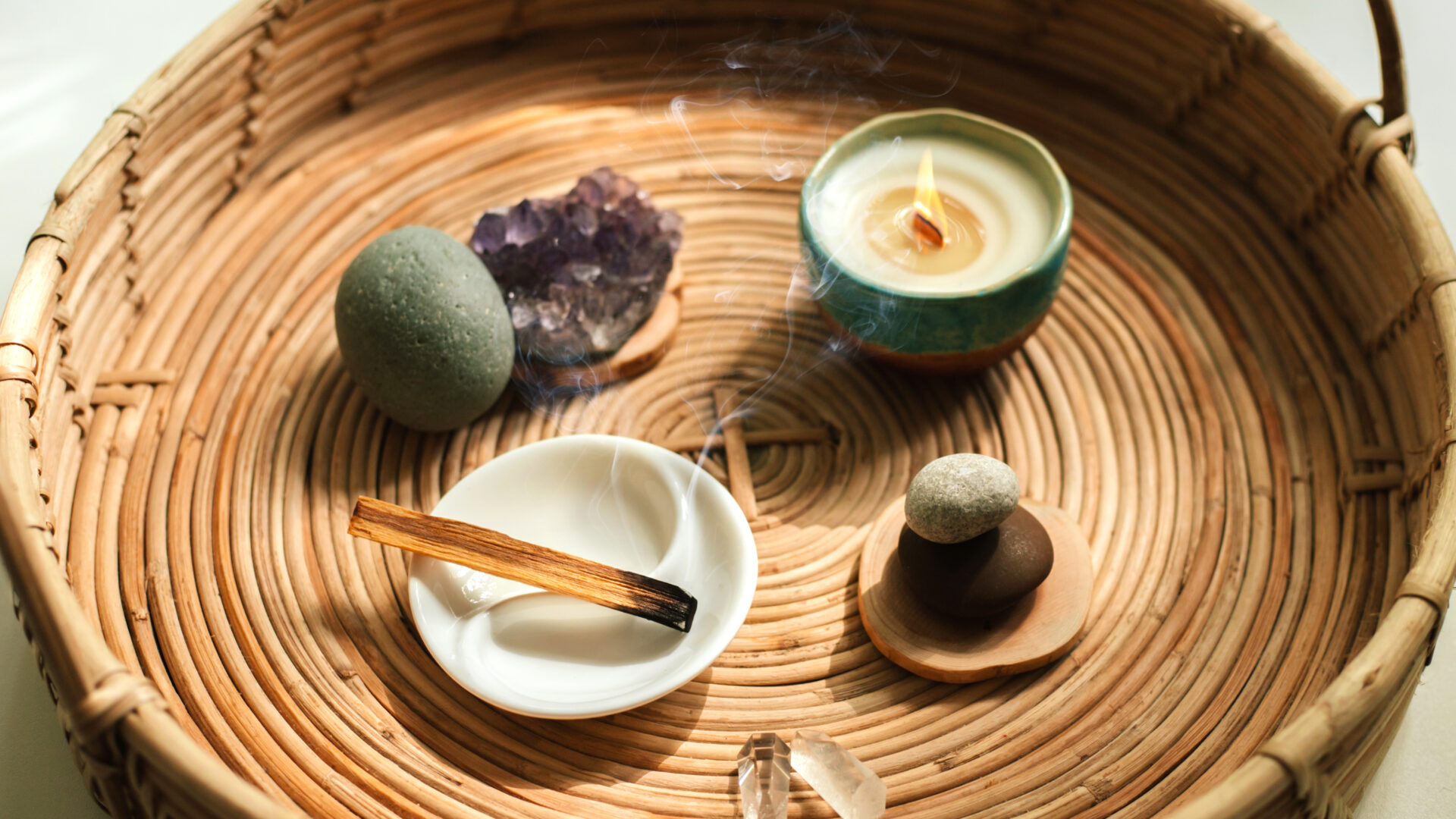
Over the past few years, Black Gen-Z’ers have endured many traumatic and life-changing events during their coming-of-age period. From a global pandemic to the social injustice that shifted many of our realities by force, we needed a cleanse and a new outlook to get us through those mentally damaging times
For many of us, this is where spirituality comes into play. According to LaCresha “Cree” Cunningham, LCSW, she’s seen the need for her clients to connect mental health and spirituality to develop their wellness.
“What we’re seeing with a lot of Gen-Z’ers is that people have started that spiritual and energetic awakening,” Cunningham told GU. “They are also kind of raised a little bit differently because their parents or mentors started to shift outside of the normal box of what we have been taught to think and feel, and a lot of the indoctrination that we’ve had, so Gen-Z’ers have a more liberated way of thinking. They’re pushing the limits to what we have initially been taught.”
In a study conducted by the American Survey Center, Generation Z is the least religious generation yet. More than one-third (34%) of Generation Z are religiously unaffiliated, a significantly more significant proportion than among millennials (29%) and Generation X (25%).
With social media amplifying the voice of Gen-Z’ers, many are opening up and having honest conversations with others online. Eric Johnson grew up in a traditional religious household where his family owned a church, and his grandmother was a minister. Naturally, growing up in that environment, he wanted to continue to study religion deeper in college due to its value in his household.
“I’ve been able to gain my own sense of understanding when it comes to religion or spirituality versus how I grew up thinking about the context in which it affects society and my actions and how it affects people who don’t have the set of tools as me, or it looks different for them,” Johnson said.
Many people did not have access to the language to express their mental health difficulties.. In today’s society, we can label specific characteristics in this new era and work toward healing and improving. From using herbs to learning about Chakra systems, this generation is practicing different alternatives to help them maintain their mental health.
Cunningham teaches students at Clark Atlanta University, with a primary mission is to share the development of spiritual practices with the next generation. “It’s very important for me at an HBCU to be a part of the mindset shift so that we can change how life is for students of color because we haven’t always had it easy,” Cunningham said. “It still comes with a different set of stressors and different sets of expectations, so teaching these things allows them to be okay, especially post-COVID.”
Taylor Daniels, 23, recalled clinging to spirituality between 18 and 19 after realizing her mental health had hit an all-time low. “Before I embarked on my own spiritual journey, I did not know myself, I did not know myself through God, and I found myself in a very uncomfortable space,” Daniels told GU. “I learned to sit with myself, sit with my thoughts, and understand how they were directing my life.”
By listening to her intuition and understanding how her thoughts consumed her mind, she began studying hoodoo and followed her ancestral practices. Through that journey of soul searching, she discovered methods of healing and meditation that helped her personal growth and helped others.
Overall, through the new age era of spirituality, many Gen-Z’ers are questioning the institutions created and reviewing the principles presented to us initially. Now, they realize there’s a more ancestral history behind certain practices, and we’ve had many misconceptions about root work in our Black history.
About Kenyatta: Clark Atlanta University and Medill School alumna Kenyatta Victoria is the Girls United writer covering everything from news, pop culture, lifestyle, and investigative stories. When not reporting, she’s diving deep into her curated playlists or binging her favorite comfort shows.